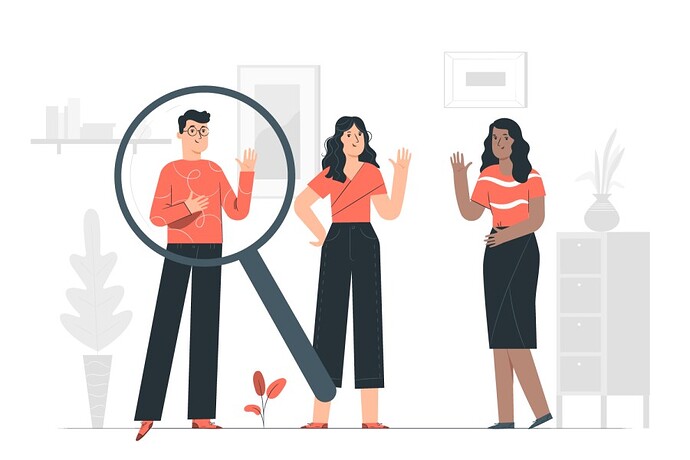There can be several reasons why some people may struggle to cooperate in a sociocratic system.
Sociocracy is a governance model that aims to create inclusive and participatory decision-making processes within organizations. However, like any system, it may not work equally well for everyone.
Here are a few possible reasons for difficulties in cooperation:
- Lack of familiarity:
Some individuals may be unfamiliar with the principles and practices of sociocracy, making it challenging for them to understand and adapt to the new system. They may need time and education to grasp the concepts and benefits of sociocracy.
- Resistance to change:
People generally tend to be resistant to change, especially if they have been accustomed to different decision-making methods or hierarchical structures. The shift to sociocracy can disrupt established power dynamics and decision-making processes, causing resistance from those who are comfortable with the existing system.
- Individualistic mindset:
Sociocracy emphasizes collective consent decision-making, which may clash with the mindset of individuals who prioritize personal interests or have a more individualistic outlook. Such individuals may find it difficult to align their thinking and actions with the collaborative nature of sociocracy.
- Lack of trust:
Cooperation relies on trust among participants. If there is a lack of trust within an organization or team, it can hinder cooperation in any governance model, including sociocracy. Building trust takes time and effort, and without it, people may be hesitant to engage fully in the decision-making process.
- Communication issues:
Effective communication is crucial for successful cooperation. If there are communication barriers, such as language barriers, differing communication styles, or ineffective communication channels, it can hinder cooperation and make it challenging for people to engage in sociocratic processes.
- Power dynamics:
Sociocracy aims to distribute power and decision-making authority among individuals or circles within an organization. However, if there are unresolved power dynamics or individuals who seek to maintain control or dominance, it can create resistance and hinder cooperation in a sociocratic system.
It’s important to note that these challenges are not unique to sociocracy and can arise in any collaborative decision-making approach.
Overcoming these obstacles requires open dialogue, education, building trust, and addressing the underlying dynamics that may be impeding cooperation.
Best wishes.
